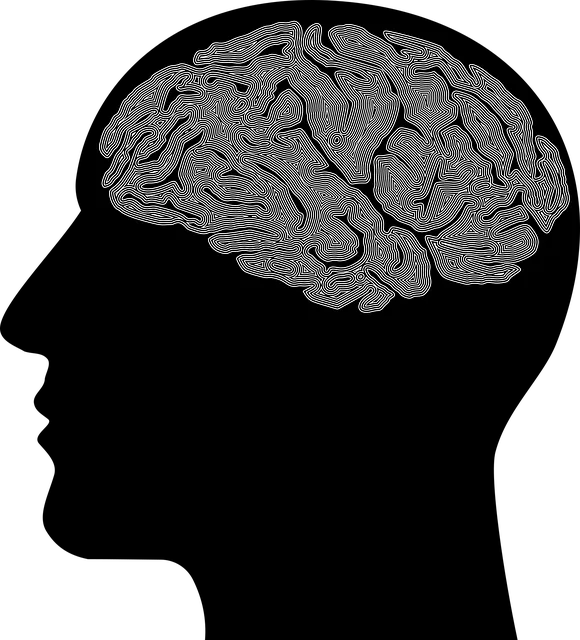Centennial Kaiser Permanente Psychiatry focuses its community outreach on unique mental health needs identified through demographic analysis and local leader collaboration. Targeted programs cater to diverse populations, such as adolescents from low-income families and healthcare providers, aiming to empower individuals with mental wellness coaching. Their strategy emphasizes lasting connections, educational workshops, and safe spaces for sharing experiences, fostering resilience and community well-being. By leveraging partnerships, utilizing social media, and focusing on stigma reduction, these outreach programs ensure accessibility and sustainability, as measured by improved access to care, enhanced community resilience, and better coping mechanisms.
Community outreach programs play a vital role in addressing mental health disparities, particularly in urban settings like those served by Centennial Kaiser Permanente psychiatry. This article explores best practices for implementing impactful initiatives that connect with diverse communities. From understanding specific needs and identifying target groups to designing engaging activities, promoting partnerships, and measuring success, we provide actionable strategies. By embracing these approaches, Centennial Kaiser Permanente psychiatry can foster stronger community engagement and enhance its mental health services.
- Understanding Community Needs: Identifying Target Groups for Outreach at Centennial Kaiser Permanente Psychiatry
- Designing Effective Programs: Strategies and Activities to Engage and Support the Community
- Implementing and Promoting Outreach: Best Practices for Success and Building Community Partnerships
- Measuring Impact and Sustainability: Evaluating Outcomes and Ensuring Long-Term Engagement with Community Outreach Programs
Understanding Community Needs: Identifying Target Groups for Outreach at Centennial Kaiser Permanente Psychiatry

At Centennial Kaiser Permanente Psychiatry, understanding community needs is a cornerstone of their outreach programs. By thoroughly identifying target groups, they ensure that initiatives are tailored to address specific mental health challenges prevalent among diverse populations within the community. This involves delving into demographic data and engaging with local leaders to uncover hidden needs, particularly focusing on underserved groups often overlooked in mainstream healthcare services.
The selection of target groups for outreach is guided by factors such as prevalence rates of mental health disorders, access to care barriers, and cultural sensitivities. For instance, they might prioritize programs aimed at self-esteem improvement for adolescents from low-income families or burnout prevention strategies for healthcare providers working in high-stress environments. Additionally, developing mental wellness coaching programs can empower individuals to take charge of their mental health, fostering resilience and overall well-being within the community.
Designing Effective Programs: Strategies and Activities to Engage and Support the Community

Effective community outreach programs require strategic planning and a deep understanding of the local population’s needs. At Centennial Kaiser Permanente psychiatry, we’ve found that engaging the community involves more than just one-time events; it’s about building lasting connections. Strategies should focus on fostering trust and understanding through educational workshops, health fairs, and interactive sessions that encourage open dialogue. Incorporating Compassion Cultivation Practices can help create a safe space for individuals to share their experiences, leading to enhanced emotional well-being promotion techniques.
Activities aimed at burnout prevention are also vital, especially in professions like healthcare where stress is prevalent. By offering support groups, mindfulness workshops, and community resources, organizations like Centennial Kaiser Permanente can contribute to the overall mental health and resilience of the community they serve. These initiatives not only strengthen community ties but also ensure that essential services are accessible and tailored to meet diverse needs.
Implementing and Promoting Outreach: Best Practices for Success and Building Community Partnerships

Implementing community outreach programs, like those offered by Centennial Kaiser Permanente’s psychiatry department, requires strategic planning and collaboration. Success lies in forging strong partnerships with local organizations, schools, and businesses that align with your mission. By engaging these stakeholders, you can effectively reach diverse populations and address mental health needs within the community.
Promoting such initiatives is crucial for fostering awareness and engagement. Utilizing various channels like social media, local events, and collaborative marketing campaigns can help amplify your message. Highlighting relevant topics such as burnout prevention strategies for healthcare providers or stress management workshops organization can attract interest from both the public and professionals. Additionally, focusing on mental illness stigma reduction efforts can create a more inclusive environment, ensuring long-term sustainability of community partnerships and outreach programs.
Measuring Impact and Sustainability: Evaluating Outcomes and Ensuring Long-Term Engagement with Community Outreach Programs

Measuring the impact and sustainability of community outreach programs is crucial for evaluating their effectiveness and ensuring long-term engagement with the community. Organizations like Centennial Kaiser Permanente psychiatry have pioneered initiatives focused on mental health awareness, employing Compassion Cultivation Practices to enhance emotional well-being promotion techniques. These programs aim not just to address immediate needs but also to instill long-lasting skills for stress management.
By implementing robust evaluation frameworks, outreach teams can assess outcomes such as increased access to mental health services, improved community resilience, and enhanced coping mechanisms. Regular feedback from participants and stakeholders plays a vital role in refining these programs. This iterative process ensures that the initiatives remain relevant, tailored to the community’s evolving needs, and capable of promoting sustained positive changes in emotional well-being and stress management.
Community outreach programs, as demonstrated by Centennial Kaiser Permanente Psychiatry’s initiatives, are instrumental in addressing diverse community needs. By understanding target groups, designing engaging activities, implementing best practices, and measuring impact, organizations like CKP can foster meaningful connections and ensure long-term positive change. These strategies not only enhance access to mental health services but also build sustainable partnerships, ultimately improving the well-being of the entire community.






